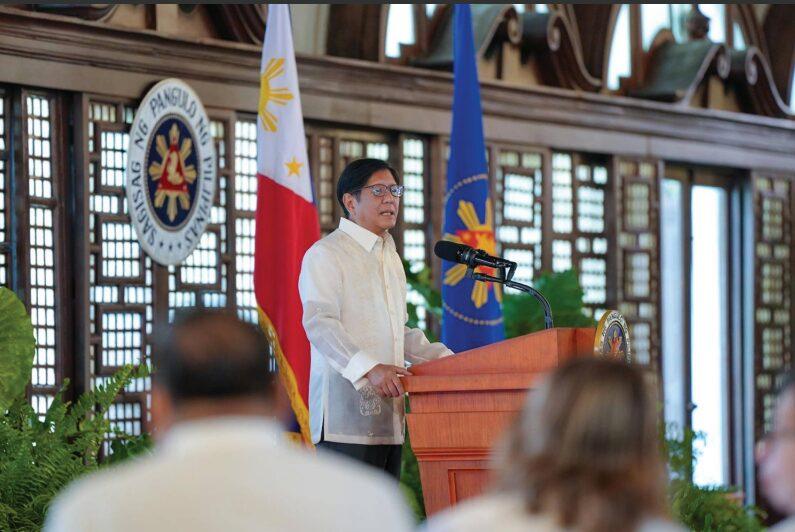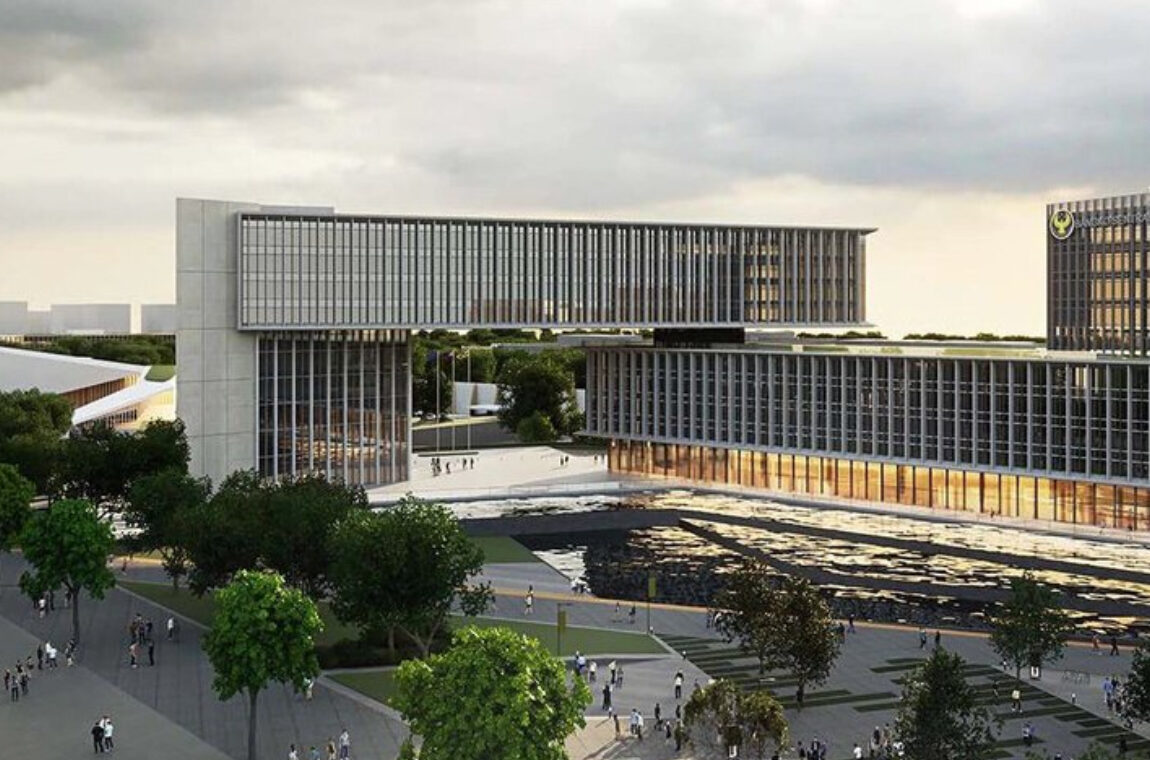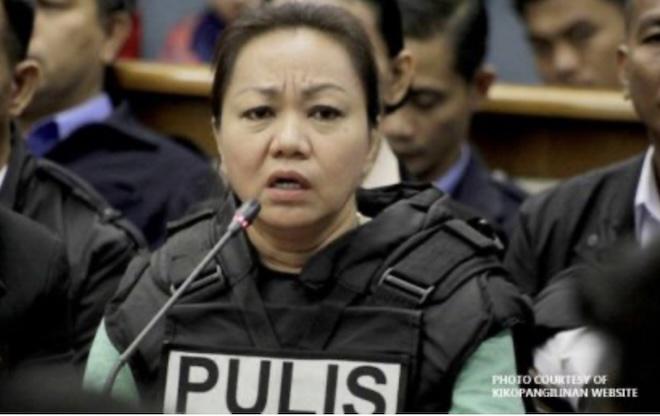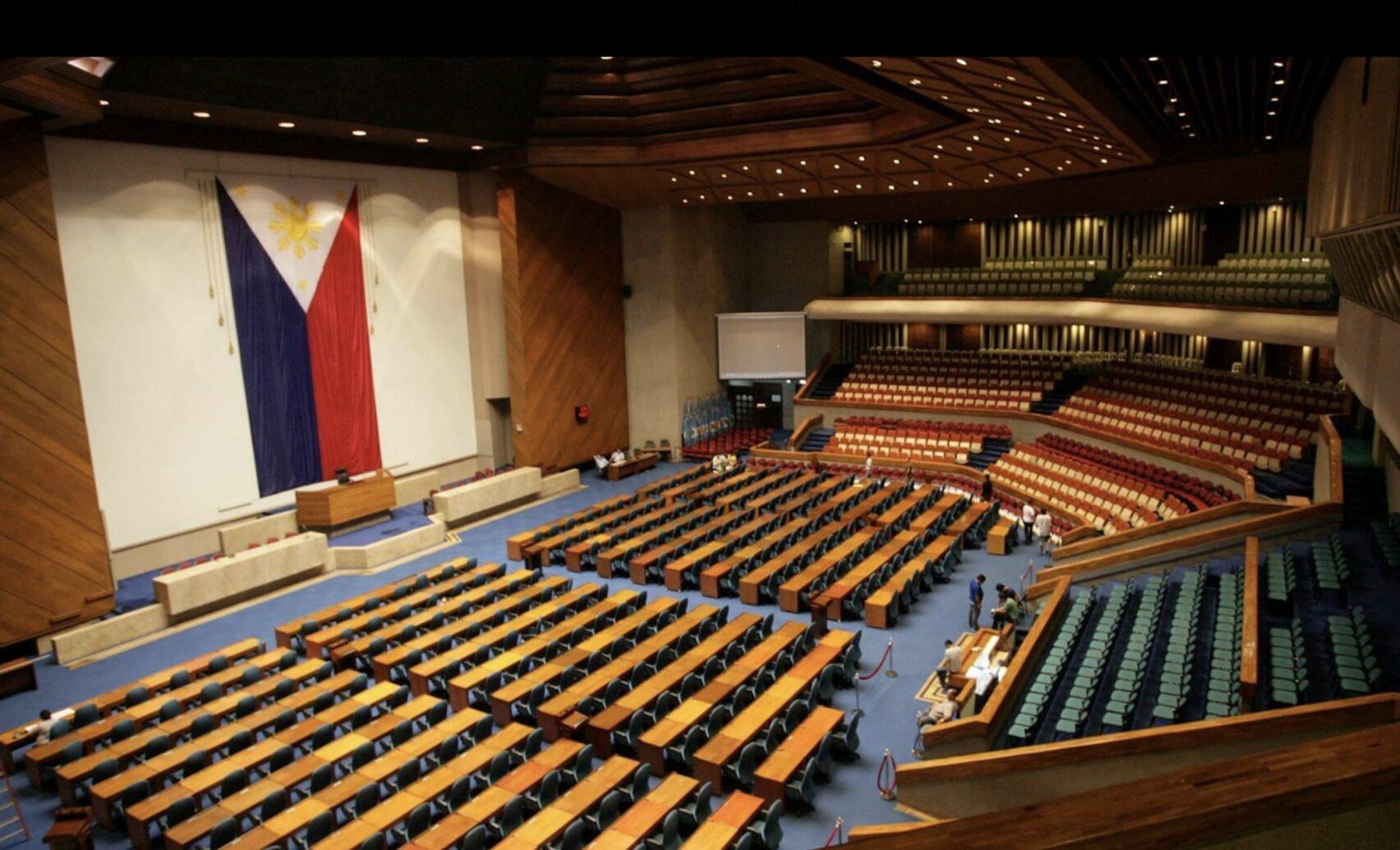President Ferdinand Marcos Jr. Malacañang file photo
President Marcos launches a sweeping government overhaul, retaining key officials while extending his Cabinet shake-up to include all agency heads following midterm election setbacks.
MANILA — President Ferdinand “Bongbong” Marcos Jr. has begun a sweeping shake-up of his Cabinet and top government agencies, retaining only a core group of senior officials after midterm election losses signaled public dissatisfaction with the administration’s pace of reforms.
Calling the move a “bold reset,” Marcos initially ordered all Cabinet secretaries to submit courtesy resignations following a lackluster performance at the polls. That directive has now been expanded to cover the heads of all national government agencies, signaling a far-reaching overhaul of public leadership.
“The people have spoken, and they expect results—not politics, not excuses. We hear them, and we will act,” the president said in a televised address.
“Tama na ang pamumulitika ninyo at kami naman ang asikasuhin ninyo.”
According to Malacañang, the expanded resignation order is intended to align agency performance with the administration’s renewed commitment to service delivery, infrastructure rollout, and post-pandemic economic recovery.
Executive Secretary Lucas Bersamin confirmed that the President has directed a top-down performance audit, and that more agency heads may be replaced in the coming weeks.
“This directive now applies to all departments and agencies, not just the Cabinet. It is a clear message from the President that everyone is accountable,” Bersamin said.
Economic Team, Bersamin Retained
Despite the widespread resignation directive, Marcos decided to retain his full economic team to preserve policy continuity amid fiscal and investment challenges. The retained officials include:
Ralph Recto, Secretary of Finance
Amenah Pangandaman, Secretary of Budget and Management
Arsenio Balisacan, Secretary of Economy, Planning, and Development (NEDA)
Maria Cristina Roque, Secretary of Trade and Industry
Frederick Go, Special Assistant to the President for Investment and Economic Affairs
Executive Secretary Lucas Bersamin also remains in office. Addressing rumors about his possible replacement, Bersamin confirmed the president’s continued confidence in his leadership.
“He communicated to me that I have his full backing for as long as I wish to work for him. That is a sign of his full trust and confidence in myself,” Bersamin told reporters at Malacañang.
Balisacan also thanked Marcos in a public statement “for his continued trust and confidence.”
Key Changes and Reassignments
Palace officials confirmed that 52 high-level officials have submitted their resignations. Among the confirmed departures and reassignments:
Enrique Manalo, Secretary of Foreign Affairs, will replace Antonio Manuel Lagdameo as the Philippines’ Permanent Representative to the United Nations starting August 1.
Ma. Theresa Lazaro, DFA undersecretary, will become the new Foreign Affairs Secretary.
Maria Antonia Yulo-Loyzaga, Environment Secretary, will be replaced by Raphael Lotilla, who will concurrently head both the DENR and DOE.
Jose Acuzar, Secretary of Human Settlements and Urban Development, has been reassigned as Presidential Adviser for Pasig River Development.
Engineer Jose Ramon Aliling, a former DHSUD undersecretary and private sector executive, will take over as Housing Secretary.
Bersamin emphasized that Acuzar’s removal was not linked to corruption but to unmet housing targets.
He also clarified that Loyzaga had not been implicated in any wrongdoing and may be considered for future appointments.
Further Changes Expected
Until new appointments are finalized, most departments and agencies will be managed by undersecretaries and senior officials. Bersamin said more evaluations are ongoing and that additional announcements are expected by the middle of next week.
“There will be more careful evaluation in the other positions. This is only the beginning,” he said.
Cabinet-wide and agency-level resignations are not without precedent in Philippine politics. Presidents Corazon Aquino in 1987 and Gloria Macapagal-Arroyo in 2005 both used similar tactics to reset their administrations during political crises.
As Marcos reshapes his inner circle and expands accountability across all levels of government, political analysts say the success of this reset will depend on whether it delivers results—not just replacements.







